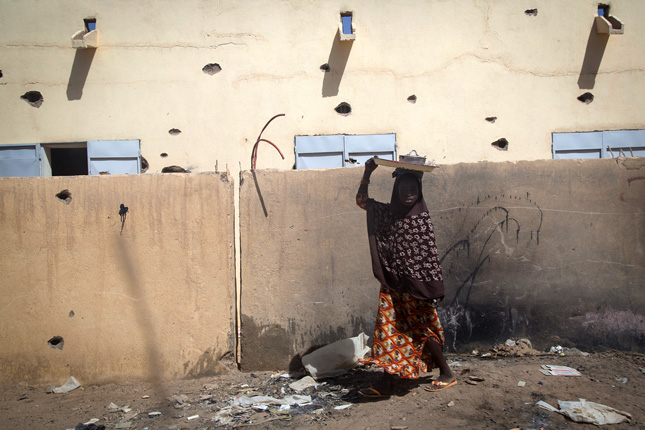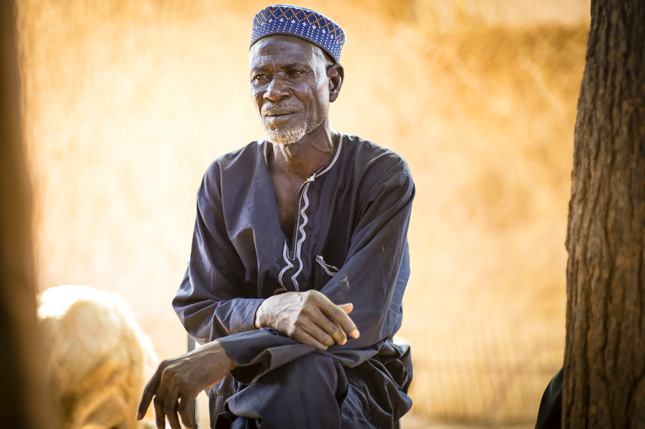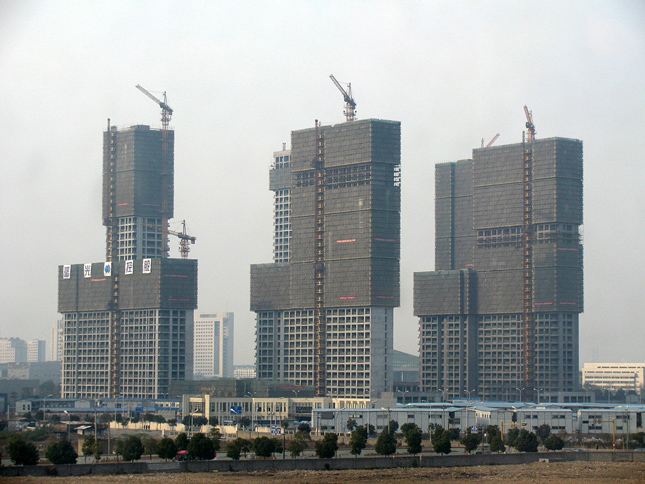-
Feeding Unrest: A Closer Look at the Relationship Between Food Prices and Sociopolitical Conflict
›
From the Roman poet Juvenal’s observations about bread and circuses to Marie Antoinette’s proclamation, “let them eat cake!” the link between food and political stability is well established in pop culture. In academic and policy circles, however, it’s a source of considerable debate.
-
Necessary Partners: The Sahel Shows Why Development and Resilience Efforts Can’t Forget Men
›
One-third of boys in the developing world don’t face the risk of marriage and pregnancy before age 18. There are no laws preventing men from owning land or property. Men don’t bear the brunt of increasingly frequent and severe disasters. And men don’t hold fewer than 25 percent of parliamentary seats worldwide.
-
Dividend or Divide? Africa’s Demographic Challenge
›
“Sub-Saharan Africa’s young people are in effect the global labor force of the future,” said Jack Goldstone at the Wilson Center on October 15. “Whether they are productive, how large that cohort turns out to be, whether they find work or not, is going to have a bearing, I think, on all of us.” [Video Below]
-
UN Further Refines Population Projections: 80 Percent Probability of 10-12 Billion People by 2100
›October 16, 2014 // By Elizabeth Leahy Madsen
Seasoned demography geeks know to anticipate the release of the UN Population Division’s World Population Prospects in the spring of odd-numbered years. An off-cycle update published last month in Science, summarizing new results and methodological changes to the projections, therefore provoked a buzz of interest and a mini-flurry of media coverage.
-
Andrew Revkin, Dot Earth
On the Path Past 9 Billion, Little Crosstalk Between UN Sessions on Population and Global Warming
›September 22, 2014 // By Wilson Center Staff
The United Nations and the streets of Manhattan are going into global warming saturation mode, from Sunday’s People’s Climate March through the Tuesday climate change summit convened by Secretary General Ban Ki-moon and on through an annual green-energy event called Climate Week.
-
Global Youth Wellbeing Index Launched
›An estimated 1.8 billion people today are between the ages of 10 and 24 and 85 percent of them live in developing economies and/or fragile states. Such youthful age structures can lead to a number of challenges, including increased potential for instability, and countries with large numbers of young people must find ways to address their unique needs.
-
What Can the Environmental Community Learn From the Military? Interview With Chad Briggs on Scenario Planning
›September 8, 2014 // By Moses Jackson
Is it possible to prepare for the unexpected? Could anyone have foreseen, for instance, a nuclear meltdown triggered by an earthquake-induced tsunami? Or a brutal band of transnational militants quickly capturing Iraq’s largest dam while attempting to establish a new Islamic caliphate? Perhaps not exactly, but that shouldn’t stop us from anticipating unlikely events, says Chad Briggs, a risk assessment expert and strategy director of consulting firm GlobalInt.
-
Three Things to Watch at the First-Ever U.S.-Africa Leaders Summit
›As presidents, prime ministers, and other policymakers from across the continent gather in Washington, DC, this week for the first-ever U.S.-Africa Leaders Summit, what are the issues to watch?
Showing posts from category Nigeria.









